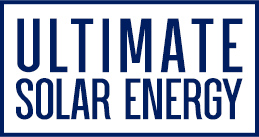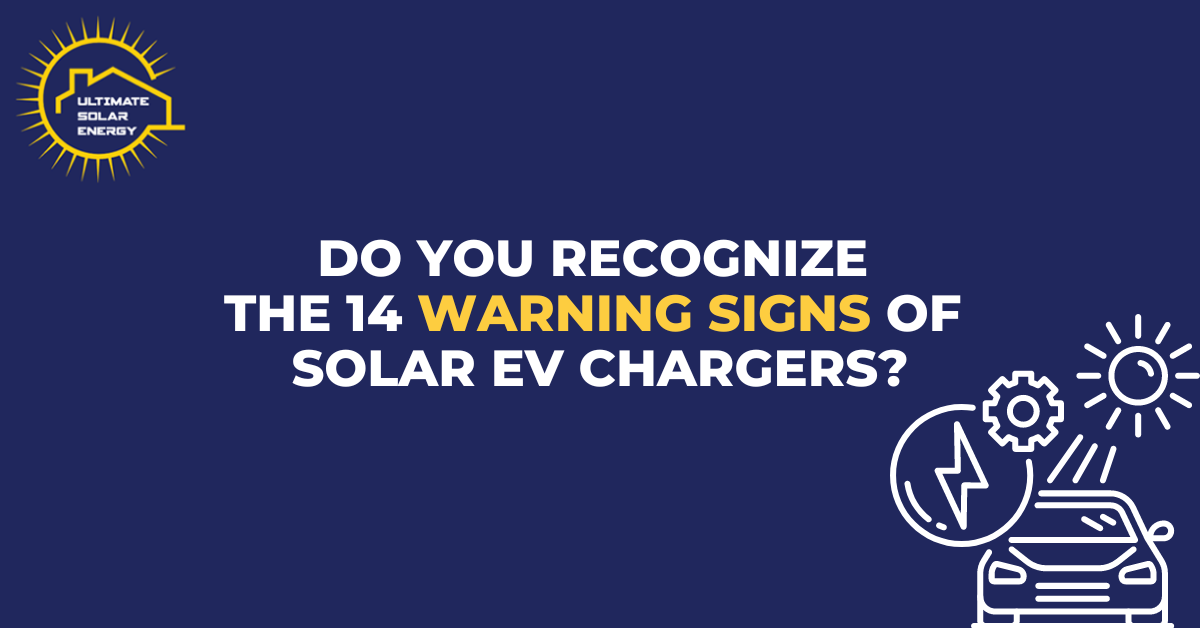Do You Recognize the 14 Warning Signs of Solar Ev Chargers?
Do You Recognize the 14 Warning Signs of Solar EV Chargers?
In the past decades, the transportation industry witnessed drastic evolutions. Now is the era of electric vehicles (EVs). Since their popularity is rising, solar EV chargers have emerged as remarkable guardians of sustainability and convenience. These chargers utilize solar power to charge EVs, reducing our dependence on fossil fuels and providing a cleaner, greener future. However, like any technological wonder, solar EV chargers are not invincible and can encounter hiccups along the way. So, let’s explore 14 cryptic warning signs that will help you identify potential issues with your solar EV charger, ensuring its flawless performance.

- Inconsistent Charging Speeds: One of the first signs that something might be wrong with your solar EV charger is erratic charging speeds. If you notice that the charging speed fluctuates significantly or slows down considerably, it could indicate a problem with the charger’s components, wiring, or solar panel efficiency.
- Overheating: Solar EV chargers have a sturdy design and build that can withstand high temperatures. In case if you observe excessive heat emanating from the charger or notice a burning smell, it could be a sign of overheating. Overheating can damage the charger and compromise its performance, necessitating immediate attention.
- Unresponsive or Faulty Display: A functional display is crucial for monitoring the charging process and diagnosing potential issues. If your solar EV charger’s display becomes unresponsive, shows incorrect information, or behaves erratically, it could be an underlying problem.
- Tripped Circuit Breaker: A tripped circuit breaker can disrupt the charging process and indicate an electrical fault. If you find frequent tripping of the solar EV charger circuit breaker, it could signify a problem with the charger’s electrical system or an overload issue that requires investigation.
- Intermittent Charging: If your solar EV charger intermittently stops charging or frequently disconnects during charging sessions, it could be due to faulty wiring, loose connections, or an unstable power supply. Address such issues promptly to avoid damage to the charger or your EV.
- Reduced Charging Efficiency: Over time, solar panels can accumulate dirt, debris, or other obstructions, which can hinder their ability to generate optimal power. If you notice a significant decrease in charging efficiency or longer charging times, it may be time to clean the solar panels or check for any potential shading issues.
- Excessive Noise: Solar EV chargers have noiseless build designs. If you hear unusual noises such as buzzing, humming, or grinding sounds, it could be a warning sign for mechanical issues, loose parts, or a malfunctioning cooling system.
- Corrosion or Rust: Inspect your solar EV charger regularly for signs of rot or rust, particularly on the charging cable connectors, input/output ports, or the charger’s exterior. Corrosion can impair conductivity and compromise the charger’s overall performance.
- Frequent Error Messages: Modern solar EV chargers come with diagnostic capabilities that display error codes or messages for specific issues. Constant error messages on the charger’s display may require troubleshooting or professional assistance.
- Unusual Odors: Strong or unusual odors emanating from your solar EV charger, such as a burning or melting smell, should not be ignored. These odors could indicate electrical or component damage and must handle immediately to prevent potential hazards.
- Fluctuating Voltage Output: A stable voltage output is crucial for safe and efficient charging. If you observe voltage fluctuations during the charging process, it could signify an issue with the charger’s internal components or electrical supply.
- Inadequate Weather Protection: Solar EV chargers have a durable build that can endure various weather conditions, so it is essential to ensure they are adequately protected. Signs of water ingress, cracked enclosures, or damaged cables could lead to electrical hazards or device malfunction.
- Software or Firmware Issues: Some solar EV chargers have software or firmware that requires regular updates to maintain optimal functionality. If you encounter software glitches, error messages related to firmware, or difficulties accessing charger settings, consider updating the software or contacting the manufacturer for support.
- Drastic Reduction in Solar Energy Production: If your solar EV charger’s solar panel efficiency suddenly drops significantly; it may be due to a fault in the panels themselves or an issue with the charger’s electrical connections. Monitoring solar energy production can help identify any sudden drops in performance.
The Bottom Line
Solar EV chargers offer a sustainable and efficient solution for powering electric vehicles while reducing our carbon footprint. Recognizing the warning signs discussed above can help you identify potential issues with your solar EV charger early, enabling timely repairs or professional intervention. Regular maintenance, prompt troubleshooting, and seeking assistance from qualified technicians when necessary will ensure the longevity and optimal performance of your solar EV charging system.
At Ultimate Solar Energy, we make your decision-making process so simple. We design customized solutions based on your requirements, using only the most premium products.
Get a Free Quote now!

